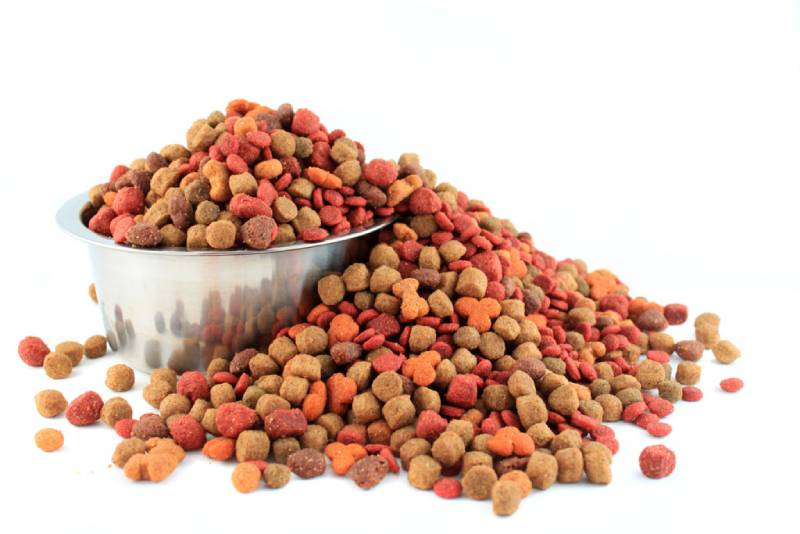Proper nutrition is the cornerstone of your pet’s overall health and longevity. However, with the myriad of pet food options available, it can be overwhelming to determine what should truly be in your pet’s diet. Ideally, a well-balanced pet food should contain a high-quality source of protein as the primary ingredient. Whether it’s chicken, beef, or fish, protein is vital for maintaining muscle mass, supporting the immune system, and providing the energy pets need for their daily activities. Alongside protein, healthy fats like Omega-3 and Omega-6 fatty acids are crucial for keeping your pet’s skin and coat healthy, as well as supporting brain and heart function.
Carbohydrates, while not as critical as protein and fats, can still play a role in your pet’s diet by providing a quick source of energy and contributing to overall satiety. However, it’s important to choose pet foods that use whole grains or vegetables as carbohydrate sources rather than fillers like corn or wheat, which offer little nutritional value. Vitamins and minerals are also essential to round out your pet’s diet. These micronutrients support various bodily functions, from bone health to nerve function, and should be provided in appropriate amounts to avoid deficiencies or toxicities.
It’s also vital to consider your pet’s specific needs when selecting food. For example, puppies and kittens require more protein and fat for growth, while senior pets might need a diet lower in calories but higher in fiber to support digestive health. Additionally, pets with specific health conditions, like kidney disease or food allergies, may require specially formulated diets. Consulting with your veterinarian can help you choose the best food to meet your pet’s unique nutritional needs and ensure they thrive.



